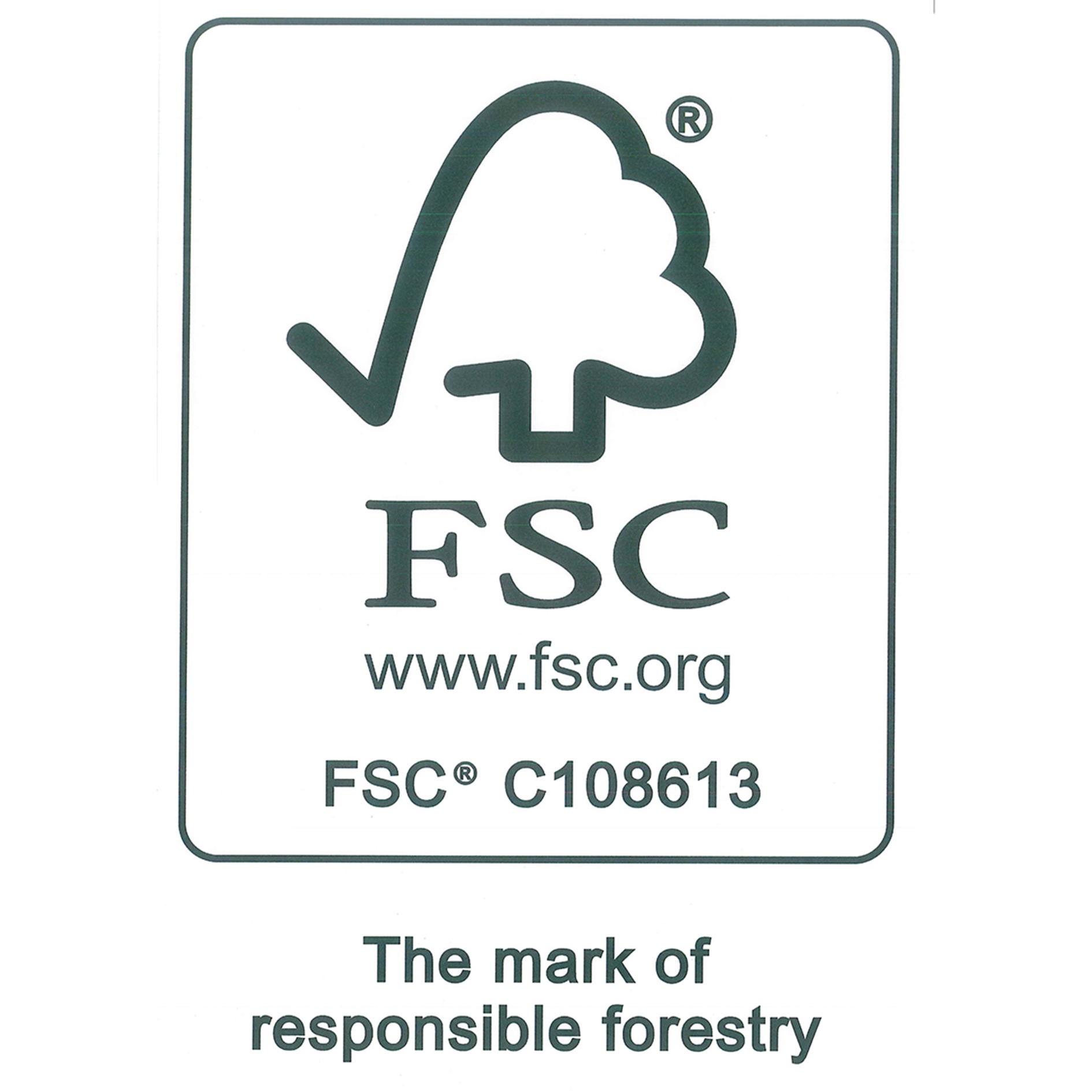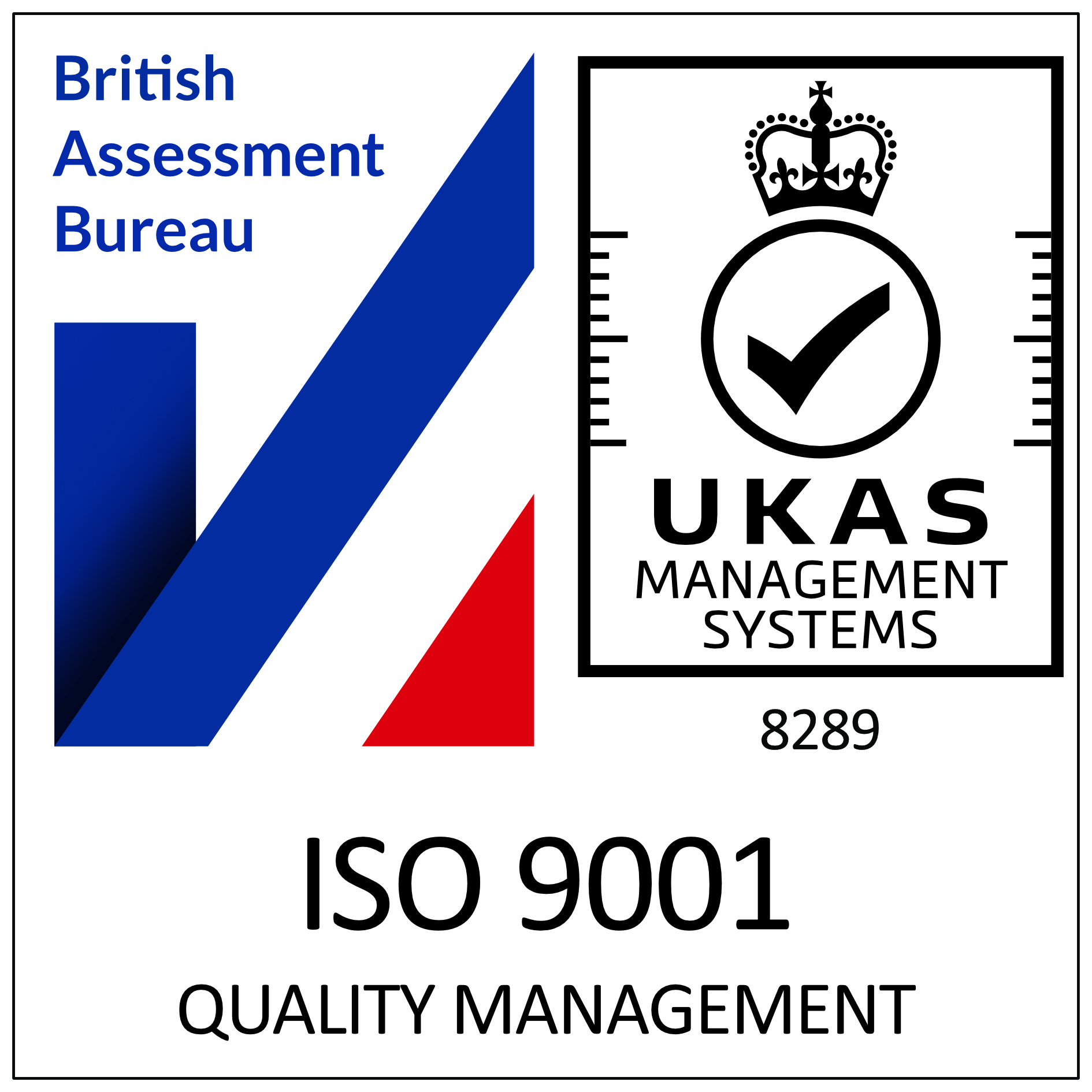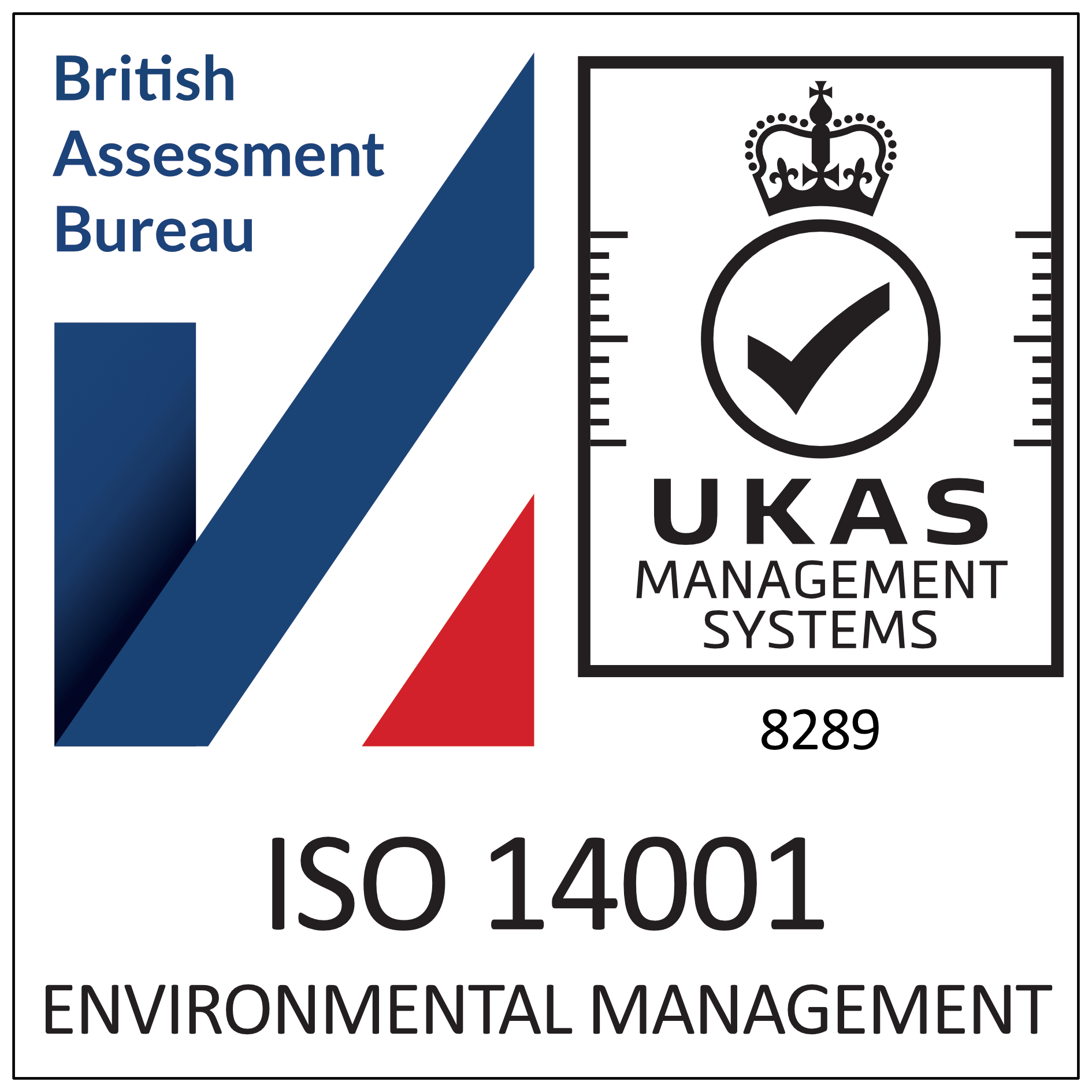Importance of a sustainable supply chain & using certified sustainable timber
As the UK finally begins to emerge from months of lockdown, it’s time to tackle the climate change emergency. That starts with scrutinising the performance of the products we specify for our buildings, but should also include the sustainability of their supply chains.
While the world was on lockdown, remarkable things were happening in the natural world. Air pollution levels over big cities and industrial towns plummeted. Dolphins and swans returned to Venice’s canals. Goats roamed the streets of Llandudno. Never before has our impact on the world been so clear or the need for us to do more to help our planet.
In the construction industry, we are arguably doing what we can. Building Regulations are getting tougher all the time and we measure the energy efficiency of every element of a building to ensure we can live and work more sustainably. This all helps to reduce the UK’s overall carbon emissions, but are we giving nearly enough weight to the sustainability of the supply chain and its impact on the environment?
The importance of supply chain sustainability
Consider the specification of a fire door, for example. One product is chosen over another because it meets or exceeds the specification criteria for a new school or hospital and the price fits the budget. But what if the wood that door is made from comes from unsustainable forests, or it’s been made and shipped from the other side of the globe, giving it a disguised but sizeable carbon footprint? Is it still ticking the energy efficiency box? Is it still good for the environment?
We all need to get smarter about eco credentials to ensure the buildings we create are as green and sustainable as they can be at every step of their journey through the supply chain. This helps the environment but also meets the needs of the public and commercial sectors, which are held accountable for the sustainability of their builds, and consequently are demanding more from their suppliers.
Checking eco credentials
The onus is on manufacturers and suppliers to demonstrate how sustainable their building products are, as well as how efficiently they perform in buildings. So, what green credentials should specifiers be looking for?
Here, we’ve identified a short list of areas to consider:
Materials
To guarantee the sustainability of the supply chain for a building product, it’s essential to know that the materials used to make it come from a sustainable source. The best way to find out this information is to look for independent verification.
At Enfield Speciality Doors, for example, we only buy timber from legal and renewable sources and we have Forest Stewardship Council (FSC) Chain of Custody certification, which reassures specifiers that our products can be traced back through every stage from the forest to our workshops. FSC certification is considered the “gold standard” for wood harvested from forests that are responsibly managed, socially beneficial, environmentally conscious, and economically viable. We are also members of the Timber Trade Federation and BM Trada, which further underlines our sustainability credentials.
Manufacturing
How a product is made also forms part of its green credentials, so specifiers should ask suppliers for information about their manufacturing facilities, so they know what the company does to actively reduce its impact on the environment.
This could include using renewable sources of energy (such as solar panels on the roof) to supply electricity to the factory or using manufacturing by-products to provide heat and hot water – as our factory does. We also use recycled wood and sawdust to provide hot air for our finishing area. (something about clean air?)
Accreditations are an accessible way of finding out how environmentally friendly the manufacturing process of a product is. Look for the ISO 14001- Environmental Management System accreditation as a recognised benchmark.
Recycling and waste
Inevitably, there are waste products from the manufacture of any product, but for sustainability purposes, it’s important to know what happens to this waste and if it has a positive or negative impact on the environment.
At Enfield Speciality Doors, our wood waste is used to produce heat, hot water and hot air for our factory, and the remainder is used as animal bedding, so nothing gets wasted. We have also adopted an eco-friendly roller coating technique to lacquer our doors, so we waste very little paint, and there are no nasty fumes either.
Transport & Logistics
Transporting goods comes with an environmental cost whether you use air, road, or rail, but the carbon footprint can be reduced by adopting a sustainable transportation strategy.
If you’re looking to minimise the carbon footprint of a building and its construction, products should be specified as near to source as possible. Manufacturers who can supply locally produced products mean a significant reduction in carbon miles – particularly if low emissions vehicles are used to transport products. Electric vans, or lorries with Euro 6 engines (like those in our small fleet), offer lower CO2, nitrogen oxide (NOx), carbon monoxide and sulphur dioxide emissions.
Packaging has become a big issue in retail business. It’s also part of the product’s sustainability rating and a serious issue in construction, as packaging has to be disposed of onsite during the construction process – and moreover, landfill means extra cost. For example, we supply our doors in reusable, recyclable bags rather than reams of plastic wrap which will inevitably end up in landfill.
In Summary
The coronavirus pandemic has provided the world with a pivotable moment to consider our impact on the environment and to reset the clock on our old ways of working. It’s time that building product manufacturers, specifiers and the public and commercial sectors focused on how we can all work together to deliver truly sustainable solutions that will build a greener future for us all.








